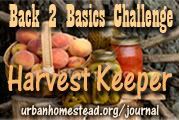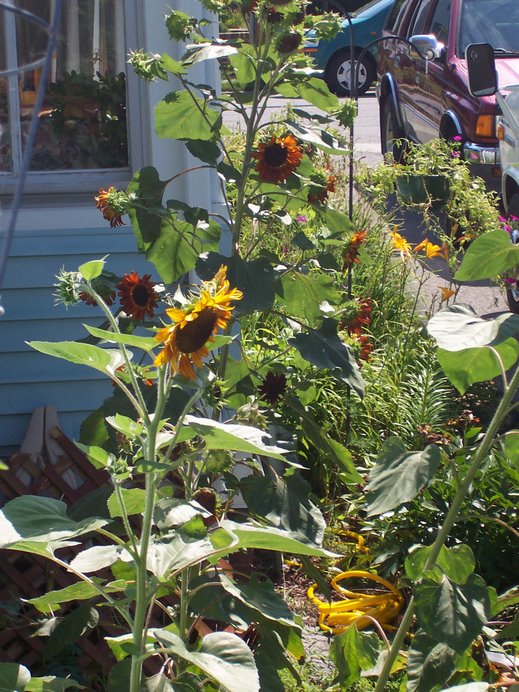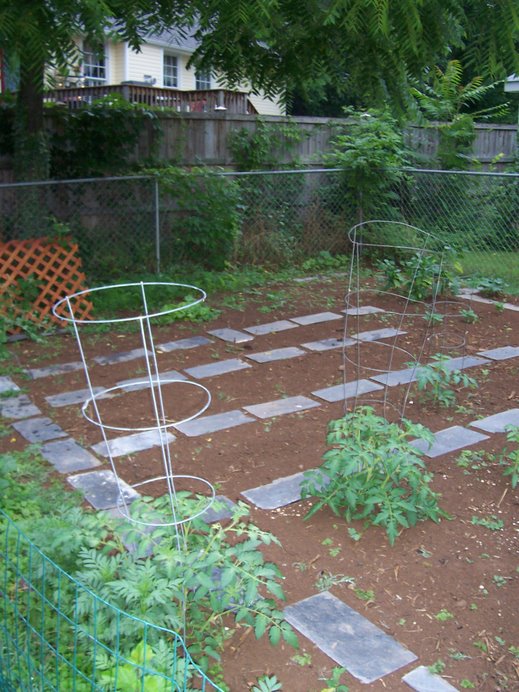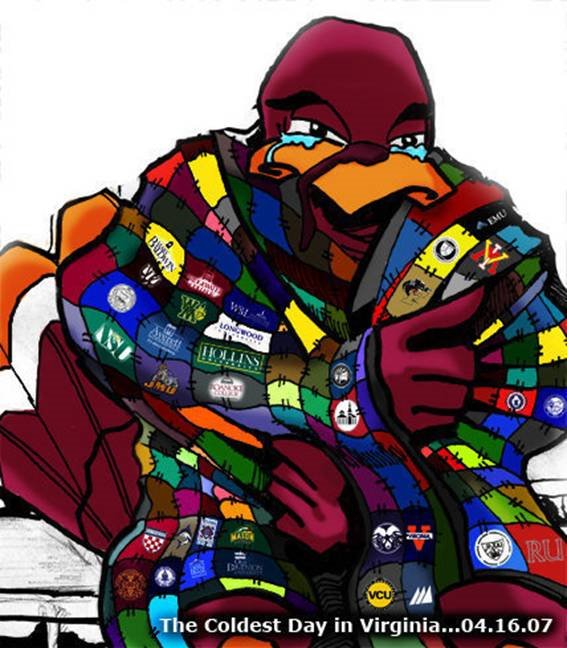
~The Farmer and the Pig regarded each other~
As a general rule, we try to limit tv watching, but some mornings are lazy mornings and perfect for a movie. This was one of those mornings. We watched "Babe" ~ the boys first time seeing it.
I've seen the movie before, in fact I used to have a copy on VHS. I've loved it since it first came out and if I could, I would love to live on Hoggett Farm. I really loved the character of Arthur Hoggett, and find it no surprise now that I see similar traits between him & Justin. Men of few words, kind souls, hard workers.
Watching it today with the boys, particularly Shannon (as Tristan paid little heed to it) was different though.
We always strive to be honest with them. Honest about the way things are. Which is odd to a point, as we're living lives in a way we didn't grow up with, and are raising our children differently from how we were raised. In other words, neither of us were raised with parents who were urban homesteaders or anything close to that really. My mother baked when I was younger and Justin grew up with the occasional garden out back, but that is about it. Back-to-the-Earth folks our parents were not.
So it was interesting to me to watch this movie again as a parent, with my child. To stop the movie from the beginning to explain about, to point out, factory farming, and the difference between the factory farm and the Hoggett Farm.
To pause it to explain why Farmer & Mrs. Hoggett are trying to fatten Babe up. What the rules of the farm are. How all creatures have their role, and that some of those roles will eventually land them on our plates.
It is strange to find yourself saying how it is better to kill something you raised on your own rather than to support factory farming, because you've allowed that animal to live a natural and happy life.
It shouldn't be strange, but it was a little. Perhaps it is because we didn't grow up on farms, or anything close to that. Perhaps it is because we're still starting out on our paths as urban homesteaders and don't have a farm of our own. Of course, we get our meat from a local farm, the kids go with us and have seen the pigs alive, and know when we pick up pork that we're picking up those pigs. We've processed our own chickens, ones we've raised. So, I am not certain why it feels strange.
Shannon wasn't phased by the talks we had during the movie. We talked more about it afterwards. It impresses me how well children can handle things like that. It reminds me of something Joel Salatin said about people coming out to Polyface Farm. How the children will help slaughter an animal while their parents cower in their hybrids listening to NPR.
James Cromwell, who plays Farmer Hoggett, was a long-time vegetarian when the movie was made. After making it, he became a vegan. With everything I've seen and learned, I am not persuaded to become either (though I don't put down people who are). I am more determined than ever to support local, to not support factory and industrial farming practices. When we went out to meet family for a bite to eat this afternoon, I didn't eat. I know the food from the place where we went isn't local, organic, or pasture-raised. I couldn't eat it knowing what I know. I saw the burger and saw cows crammed together on concrete lots, force fed, dragged. The smell of eggs made me think of caged hens. Even the cheese made me think of cows pumped full of hormones, hooked up to mechanical milkers, udders swollen and raw.
So as strange as it may have been for me, I stand by it. I know the importance of it. I can only hope my children will see it one day as well. That, when they learn the way things are, they will learn the way things ought to be and what they can do to help make sure they are.
That'll do.













1 comment:
I LOVE that movie. And have found myself saying "That'll do,dog." more than once. Health care reform may be the only ting that saves our food supply,because if the insur companies have to cover all of us, they'll no longer be able to tolerate our food supply making us ill. Hopefully that will mean a gradual return to actual farms, versus corporate slaughterhouses.
Post a Comment